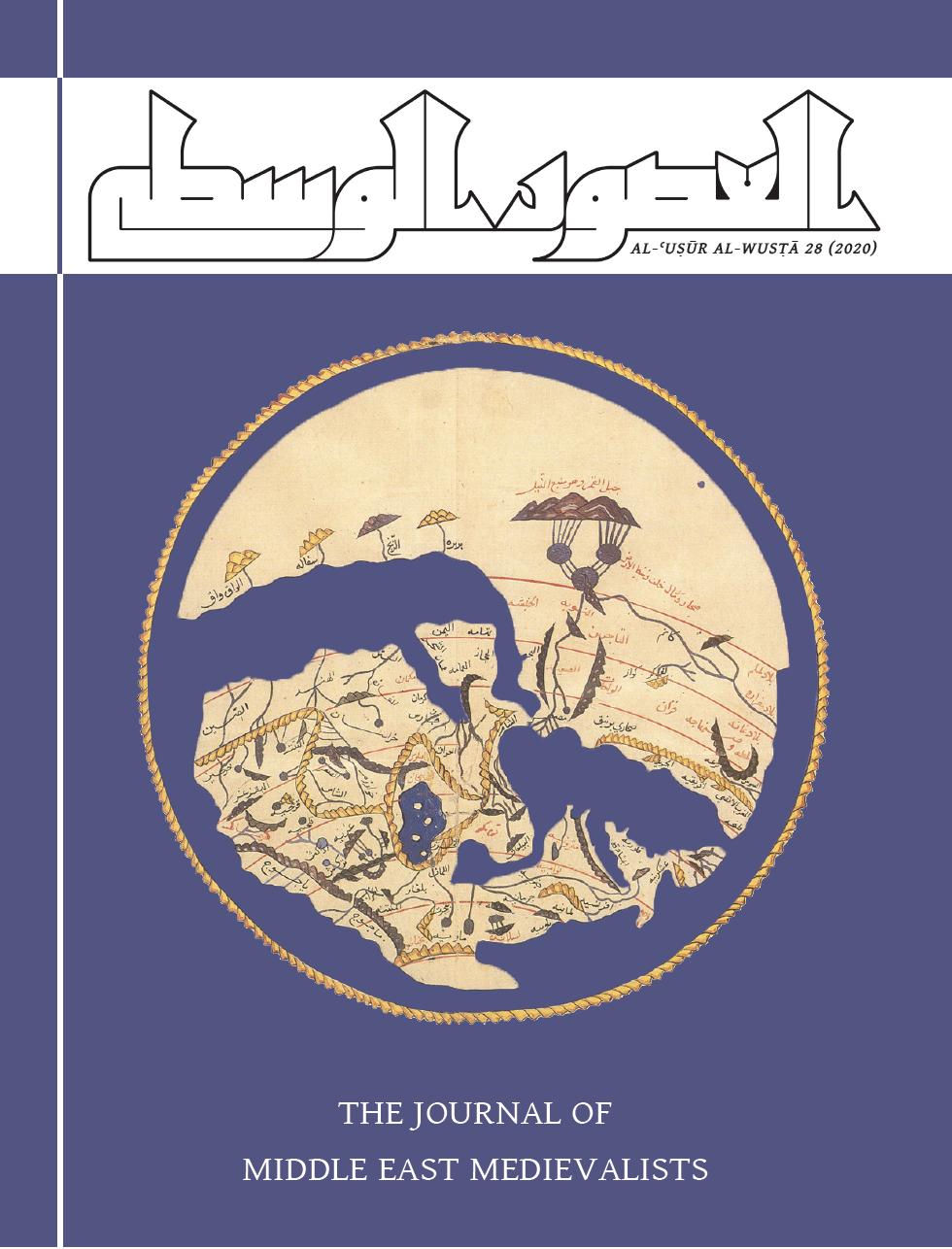Abstract
The ḥadīth about the creation of the Intellect has enjoyed a high status in the Shīʿī tradition and opens one of the four books of the Shīʿī ḥadīth canon, al-Kulaynī’s (d. 329/940) al-Kāfī. It appears also in many Sunnī works and has traveled among other Muslim groups, changing its meaning and form over time and generating several commentaries. Ḥadīths are usually studied in a jurisprudential context, as forming the basis for legal positions; in this article, I study the ḥadīth not as a legal text with a fixed meaning but as a literary text with a meaning that is changeable. First, I revisit previous scholarly views on the provenance of the ḥadīth. I argue that it first circulated in Basran society in the late second/eighth century as a popularized version of the Muʿtazilī tenet of
obligation (taklīf) before being written down as a ḥadīth. I then follow its later journey among different groups in the medieval period as it changed forms and meanings and in the early modern period as it became the subject of commentaries by the Shīʿī philosopher Mullā Ṣadrā (d. 1050/1640) and by the Sunnī scholar Murtaḍā al-Zabīdī (d. 1205/1791). The translation of the two commentaries can be found in the Appendix. The ḥadīth’s intersectarian dissemination and fluid nature make it an excellent case study for exploring the literary side of the ḥadīth genre, which served as common discourse for different Islamic sects and intellectual and social groups over the centuries.

This work is licensed under a Creative Commons Attribution-NonCommercial-NoDerivatives 4.0 International License.
Copyright (c) 2021 Pamela Klasova

